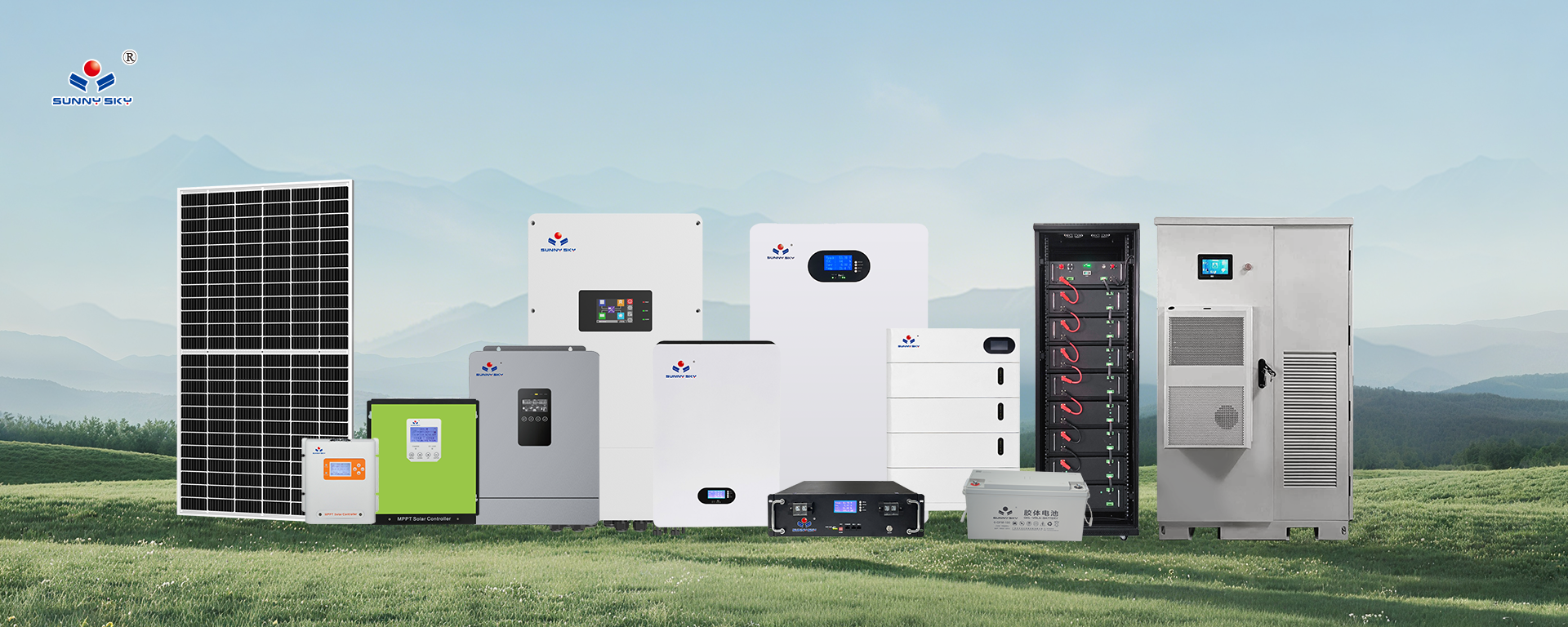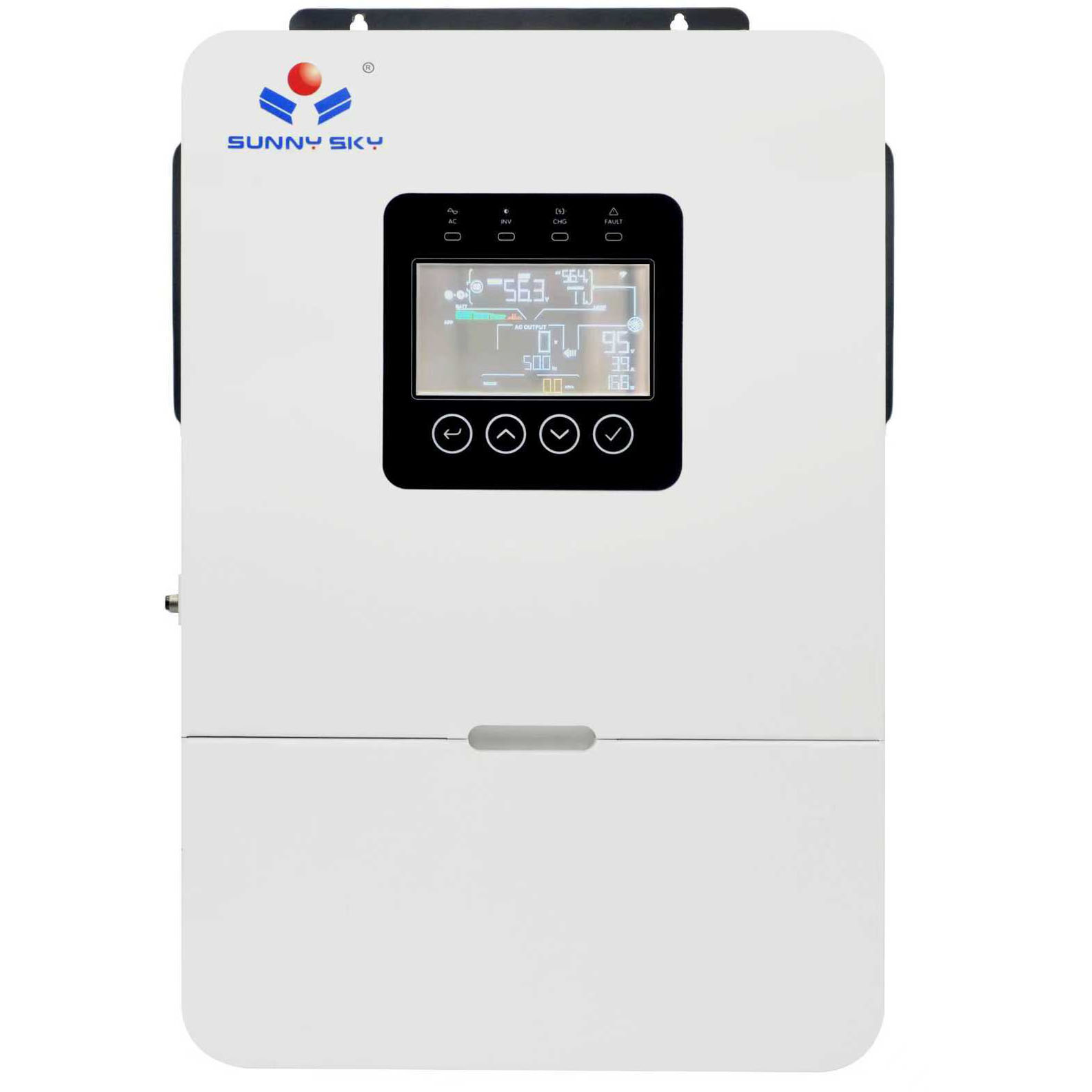
Rising Popularity of Hybrid Solar Inverters
Hybrid solar inverters are at the forefront of this transformation, seamlessly integrating solar power with battery storage and grid electricity to ensure a reliable energy supply. This trend is fueled by the increasing demand for energy independence, especially in residential settings, where homeowners seek to reduce their reliance on fossil fuels. For instance, the hybrid solar inverter for home use is becoming a standard choice, offering features like intelligent energy management that optimizes usage based on real-time needs. According to recent industry reports, solar inverter efficiency has improved dramatically, with new models achieving conversion rates above 98%, which helps in minimizing energy loss and lowering overall costs. Manufacturers are also focusing on solar inverter price points, making high-quality options more affordable through economies of scale and technological breakthroughs.
Key Factors Influencing Solar Inverter Adoption
One of the major trends is the emphasis on solar energy inverter durability and warranty offerings, as consumers prioritize long-term reliability in their investments. Solar inverter manufacturers are responding by providing extended warranties and using high-quality components to withstand various environmental conditions. Additionally, solar power inverter innovations, such as smart grid compatibility and remote monitoring capabilities, are enhancing user experience and system performance. This shift is evident in the growing market for off-grid solar inverter solutions, which are ideal for areas with inconsistent power supply, allowing users to harness solar energy independently. As energy prices fluctuate, the appeal of solar inverter efficiency continues to rise, enabling households to cut down on utility bills while contributing to a greener planet. The integration of advanced features, like those seen in the 6KW Hybrid Solar Inverter by SUNNY SKY, exemplifies how these devices are not just tools for energy conversion but gateways to sustainable living.
The Future of Solar Inverters in Energy Trends
Looking ahead, the solar inverter landscape is poised for further growth, driven by global initiatives to combat climate change and promote clean energy. Innovations in areas like solar inverter for home setups are making it easier for individuals to adopt renewable sources, with hybrid models leading the charge by offering seamless transitions between power sources. This trend is supported by decreasing solar inverter prices, which have dropped by over 20% in the last few years, making them accessible to a broader audience. Moreover, as solar inverter warranty programs become more comprehensive, consumer confidence is building, encouraging wider adoption. Overall, the evolution of solar inverters reflects a broader shift towards efficiency and sustainability, with products like SUNNY SKY's offering robust performance that aligns with modern energy needs. As we continue to embrace these technologies, the potential for reducing carbon footprints and achieving energy autonomy becomes increasingly tangible, paving the way for a more sustainable future.


